
By the above statements, it is clear that data proliferation will never end and this necessitates the use of data related technologies like Data Science and Big Data, increasing day by day. Data Science makes use of several statistical procedures. These procedures range from data transformations, data modelling, statistical operations and machine learning modelling.
Data science is an interdisciplinary field that uses techniques such as machine learning and artificial intelligence to extract meaningful information and to predict future patterns and behaviours. It is a general process and method that analyze and manipulate data. Also, enables to find meaning and appropriate information from large volumes of data. This makes it possible for us to use data for making key decisions in business, science, technology, and even politics.
AI, ML and Deep Learning
1. Artificial Intelligence (AI): AI (artificial intelligence) is reproducing human intelligence in machines, especially computer systems through learning, reasoning and self-correction, and that’s how for example one gets suggestions according to their taste and choice.
2. Machine Learning (ML): While Machine learning (ML) is a subset of Artificial Intelligence, it helps in teaching computers how to learn and make predictions from data without necessarily being programmed. For example, ML helps you get filtered mails.
3. Deep Learning: Deep learning is a subset of machine learning in which data goes through multiple numbers of non-linear transformations to obtain an output. With deep learning, systems are learning to mimic human voices to the point where it is hard to distinguish between a human and a computer voice-over.
AI and ML Are Already Here
While many might think that AI is a long way in future, it is already here. With technology giants like Facebook and Google, placing huge bets on AI and ML by already incorporating it into their products, AI and ML are certainly here to stay.
Machine learning and artificial intelligence are often used interchangeably. These are the trending buzzwords of the technology industry. Both AI and ML fall under the bigger world of data science that deals with processes or systems used to extract knowledge from large amounts of data.
AI & ML in E-Governance
But the question arises how AI and ML can significantly help enhance e-governance? The answer is quite clear.
The application of AI in governance, such as security, finance, manufacturing, e-commerce, voice recognition and transportation, provides an opportunity for leapfrog development in India. Large data sets and better analytic tools allow for better design of policies.
AI and ML techniques can be applied in large-scale public initiatives ranging from crop insurance schemes to tax fraud detection to enhancing our security strategy.
Examples of AI and ML in Governance
- Fraud Detection: AI algorithms can detect fraud in the filing of corporate tax returns by employing pattern recognition over a large volume of pre-existing filed tax returns and rule-based analysis of tax regulatory codes, which can help to avoid tax evasion.
- Subsidy Distribution: Similarly, LPG distributors can leverage real-time data stream and integration to implement a dynamic pricing model, which ensures that the LPG subsidy is effectively transferred to consumers who actually need it by expressly identifying customer accounts and pricing accordingly.
- Clean India Initiative: Deep learning, an integral part of AI could be used with great impact in the Clean India initiative. For example, citizens can use mobile applications to photograph unhygienic locations and share them with relevant municipal authorities with geo-tags and timestamps that facilitate remedial action.
- Smart City Development: In the area of Smart City development, AI and ML can and will play an integral part in analyzing huge volumes of data, which would be generated by smart city components and also by users.
- Cognitive Systems: AI can be the bedrock on which patterns and similarities between various data sets can be detected and acted on. AI models will learn each day from the streaming/online data in the cognitive systems and will keep on increasing the accuracy level of predictions and insights.
- Agriculture: AI and ML can also be used in e-governance in traditional industries like agriculture by using smarter production, processing, storage and distribution and consumption mechanisms. AI solutions can help provide site-specific, timely data on crops to enable the application of appropriate inputs such as fertilizers and chemicals.
- Cybersecurity and Law: AI and ML can be utilized for cyber defence and intelligence. In law, AI and ML can be used for predictive analysis, robocops, monitoring, and patrol cars.
- Education: In education, AI is specifically used for enhanced decision making, personalized training, and advanced progress monitoring.
The Importance of Accurate Algorithms
However, the essential aspect of using both ML and AI is accurate algorithms which should be relevant, stable, and effective. Public sector entities are required to pay close attention to the implementation of these algorithms without which it would not be possible to minimize risks.















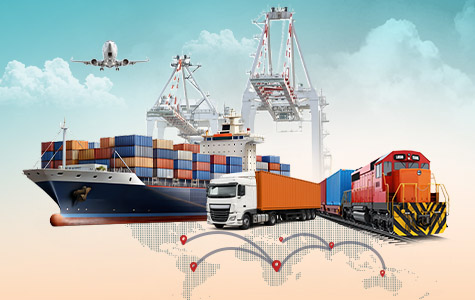
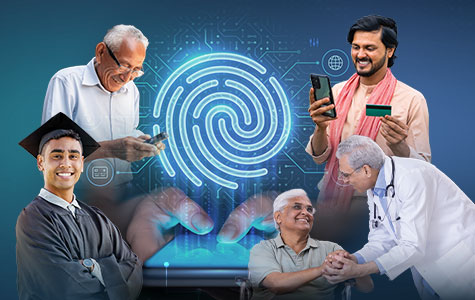
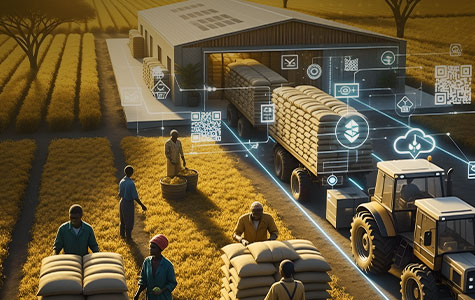
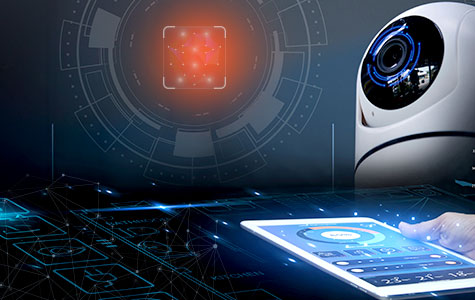

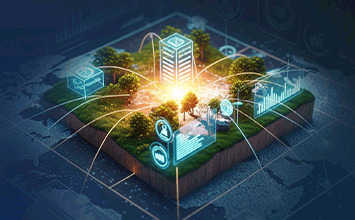
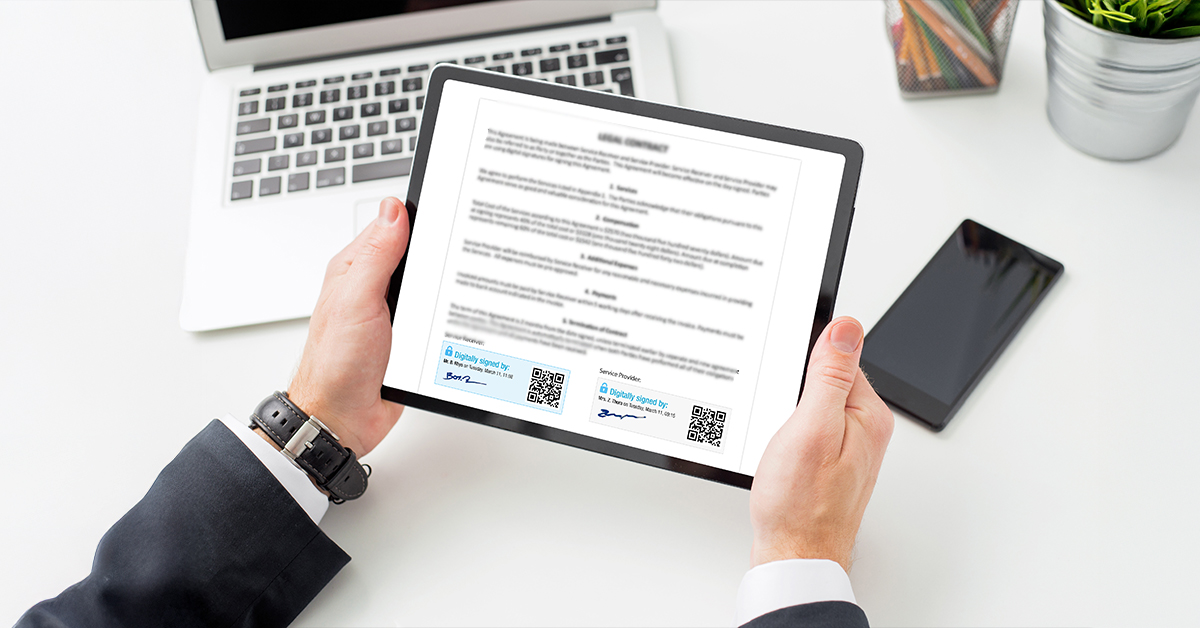
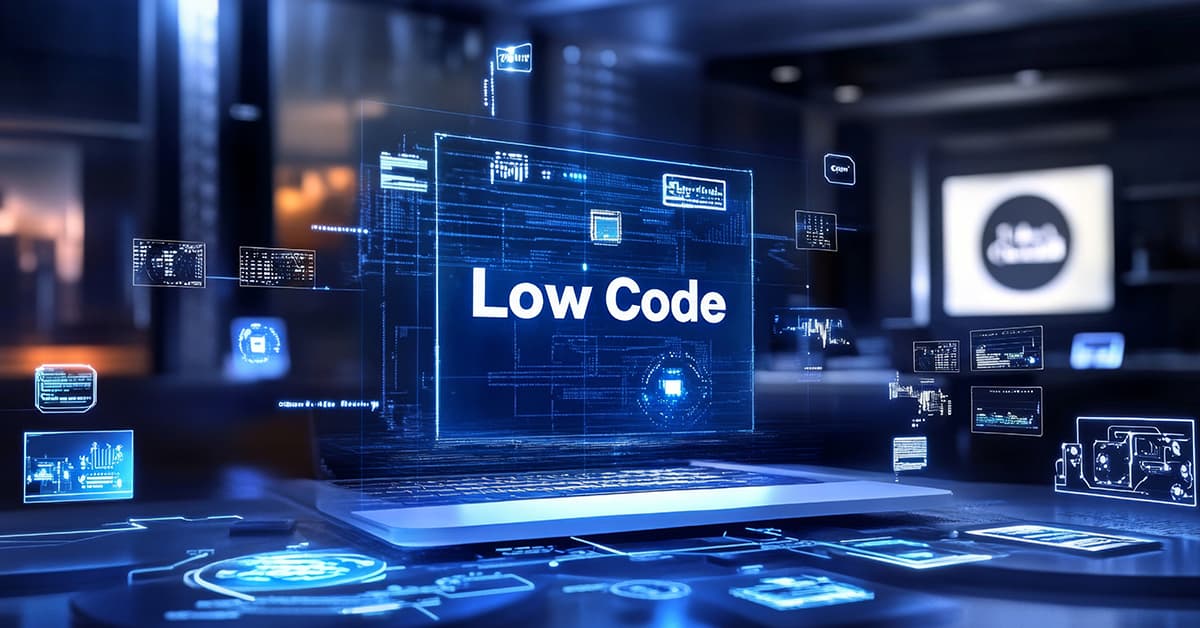


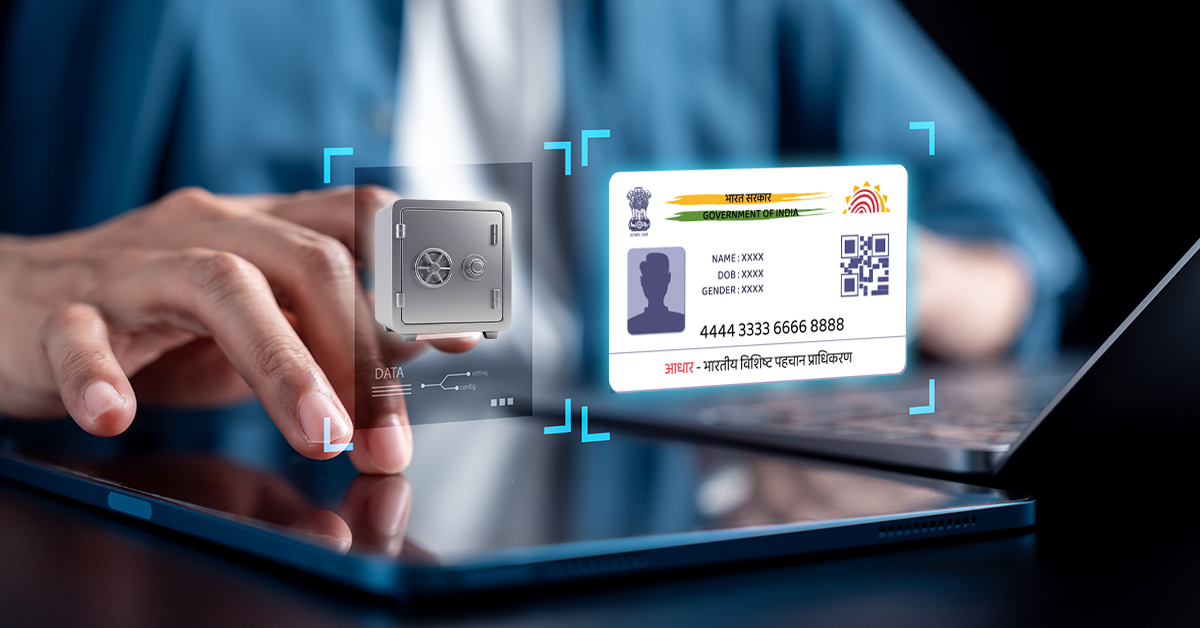




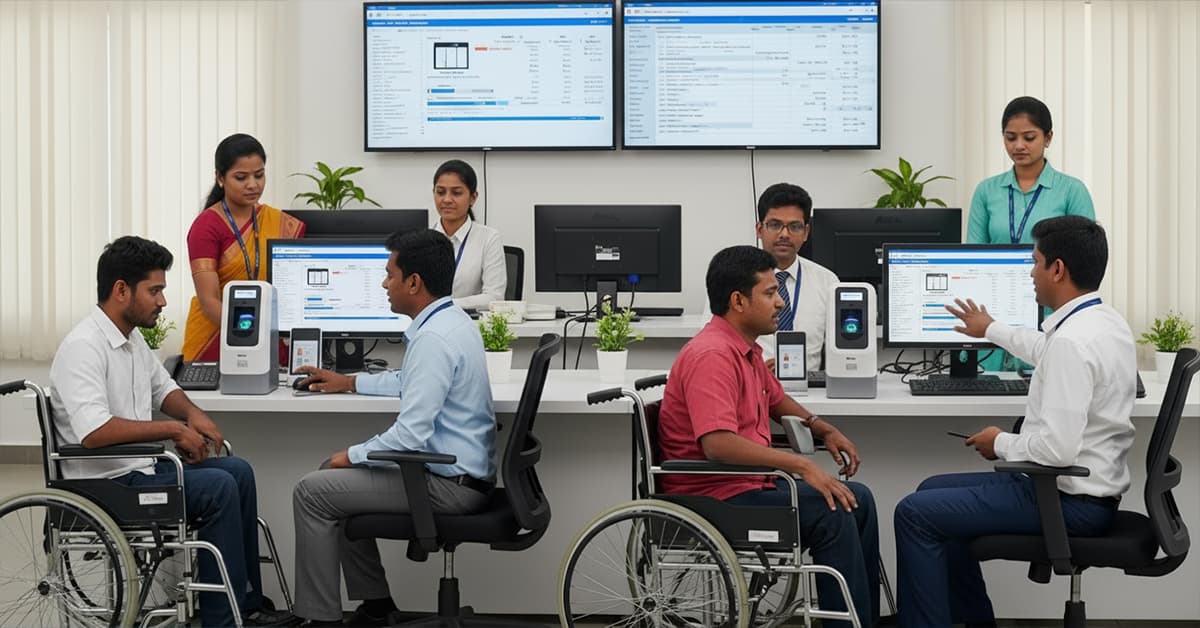

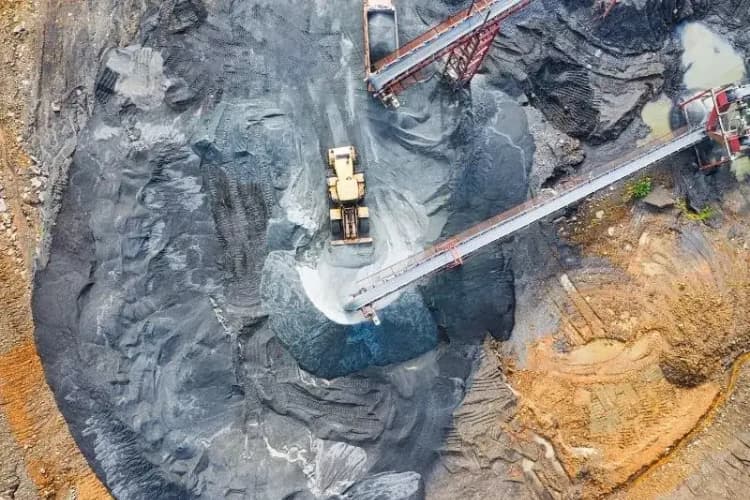




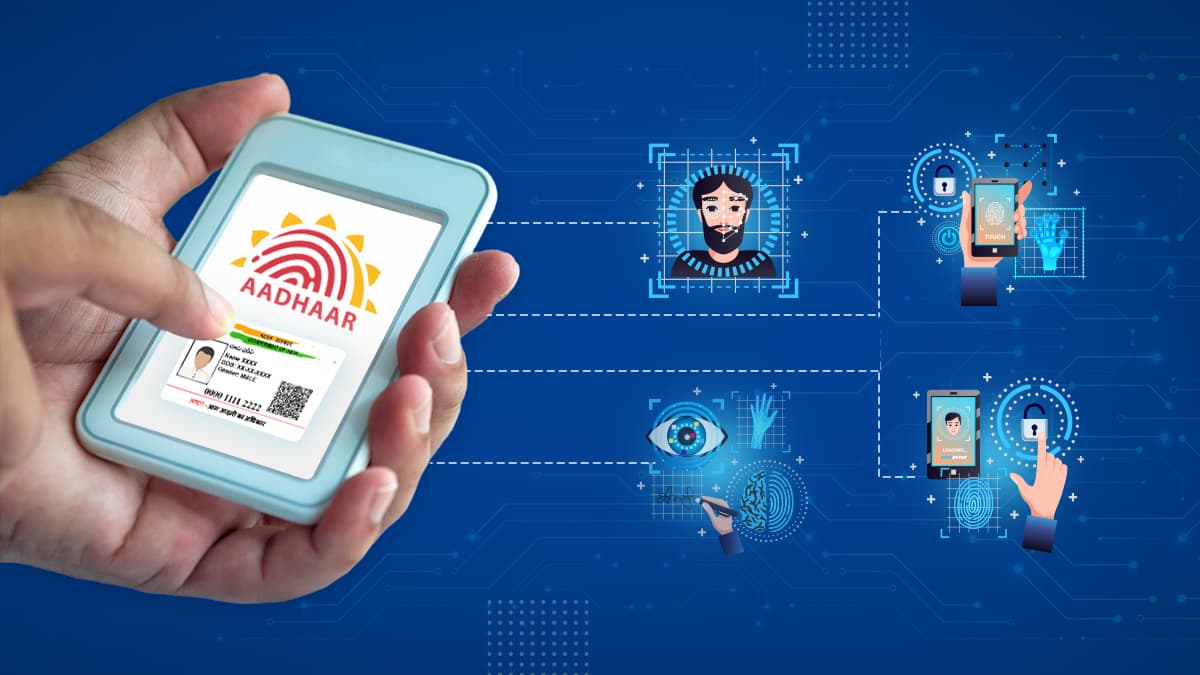




We will verify and publish your comment soon.